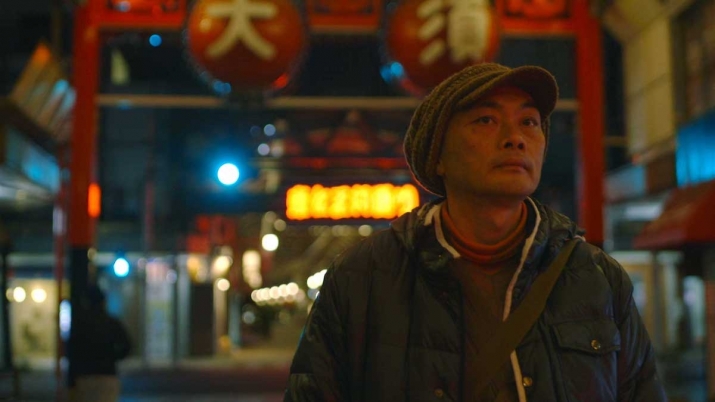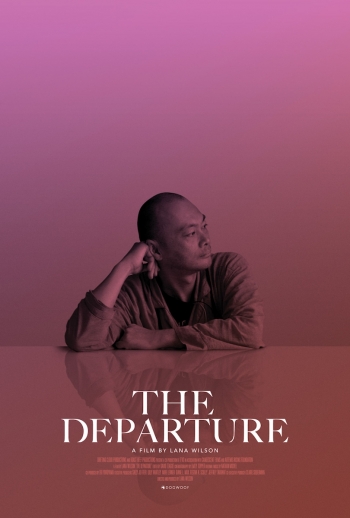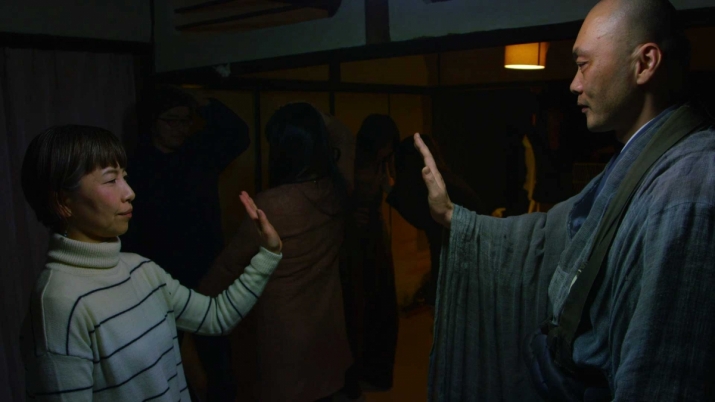In her own words, Emmy Award-winning director, writer, and producer Wilson describes The Departure as the story of “. . . a Japanese punk-rocker-turned-Buddhist-priest who has earned some renown in Japan for his ceaseless work in suicide prevention. This work, though, has come at the increasing expense of his own physical and mental health, and the film captures him at a transformational moment in his life, when he has to ask himself the same question his patients ask him: What makes life worth living?” (Women And Hollywood)
New York-based Wilson previously achieved critical acclaim for her first film, After Tiller, which broaches the difficult subject of late-term abortions and went on to win an Emmy Award for Best Documentary.
Having become a Buddhist priest after a near-death experience pursuaded him to abandon the life of a hard-partying punk rocker, Nemoto has dedicated himself to helping people who, overwhelmed by spiritual and emotional despair, no longer want to live. But as he approaches middle-age and with a wife and young son to care for, he learns that his own life is at risk from heart disease—a condition exacerbated by the emotional weight of providing support and refuge for those who turn to him for help. “I can’t save anyone but I can share their problems,” Nemoto argues. (Screen Daily)

















